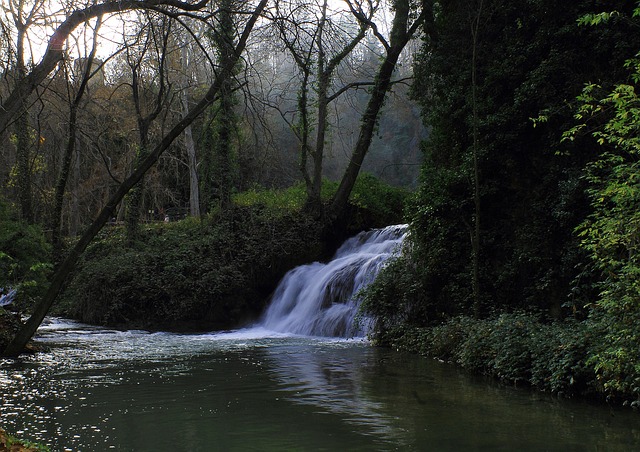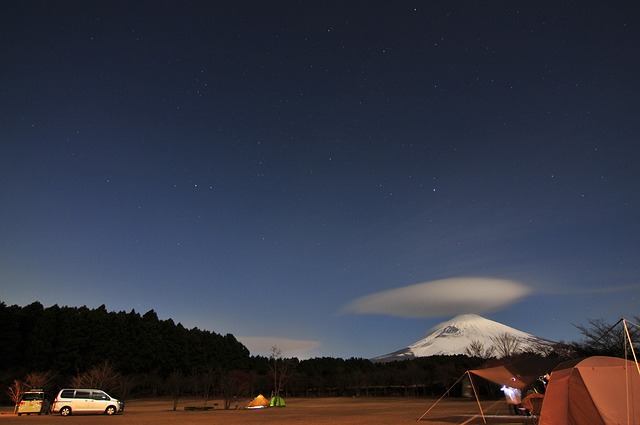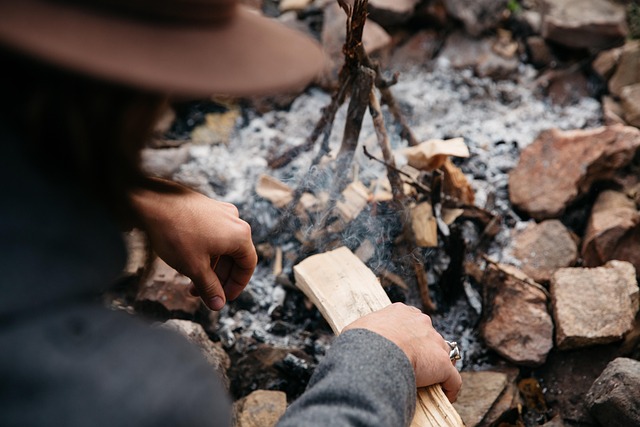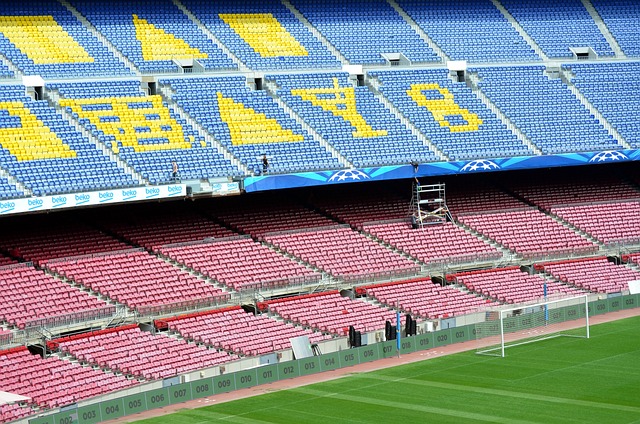Community heritage events are a powerful tool for real estate marketing, fostering a strong sense of belonging and engagement among residents. Through historical tours, cultural festivals, and heritage walks, these events attract buyers and tenants seeking authentic communities. They also provide an opportunity for real estate professionals to showcase their knowledge of local areas, enhancing marketing strategies by positioning properties as integral parts of vibrant, evolving neighborhoods. Collaborative planning led by local stakeholders ensures events that reflect unique characteristics, engaging artists and leveraging real estate resources for themed exhibits or performances.
Community events celebrating local heritage play a vital role in real estate markets, fostering a strong sense of belonging among residents. These celebrations unlock hidden histories, enhancing property values and community pride. In this article, we explore why heritage events matter, delve into the power of cultural festivities for neighborhood engagement, and provide practical strategies for planning successful heritage festival events that strengthen local connections and boost real estate appeal.
Unlocking Local History: Why Heritage Events Matter in Real Estate Communities

Community events celebrating local heritage play a vital role in fostering a strong sense of belonging and connection among residents. In real estate, these heritage events serve as powerful tools to unlock the rich history and unique character of a neighborhood, attracting prospective buyers and tenants who value authenticity. By showcasing the stories, traditions, and landmarks that define a community, events like historical tours, cultural festivals, and heritage walks not only entertain but also educate, fostering pride among locals and curiosity among visitors.
Moreover, these gatherings create opportunities for real estate professionals to engage directly with potential clients, demonstrating their deep understanding of the area. Heritage events provide an ideal setting for developers, agents, and brokers to highlight the ongoing revitalization efforts, architectural charm, or community initiatives that make a neighborhood desirable. This connection between local history and contemporary real estate trends can significantly enhance marketing strategies, positioning properties as more than just buildings—but as integral parts of a vibrant, evolving community.
Creating a Sense of Belonging: The Role of Cultural Celebrations in Neighborhood Engagement
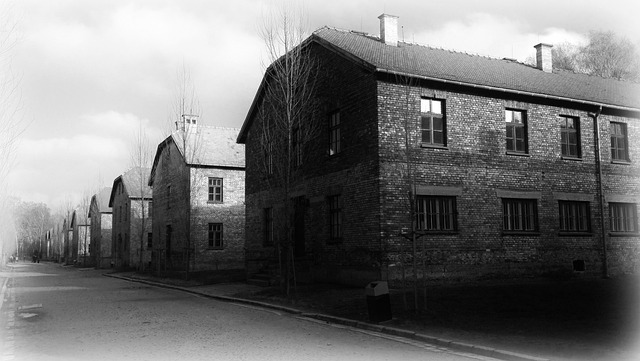
Community events that celebrate local heritage play a pivotal role in fostering a sense of belonging and engagement among residents, which is a key aspect often sought by those in the real estate sector. These cultural celebrations act as a powerful catalyst for bringing people together, transcending age, race, and socioeconomic backgrounds. By organizing festivals, traditional performances, or historical re-enactments, neighborhoods can create an inclusive environment that makes everyone feel they are an integral part of the community.
Such events not only preserve and showcase local heritage but also encourage intergenerational connections, fostering a sense of shared history and identity. This, in turn, enhances neighborhood loyalty and pride, making it more desirable for potential residents, investors, and businesses alike. In today’s diverse urban landscapes, these cultural gatherings can be the glue that binds communities together, ensuring everyone feels welcomed and at home.
Planning and Organizing: Strategies for Successful Heritage Festival Events
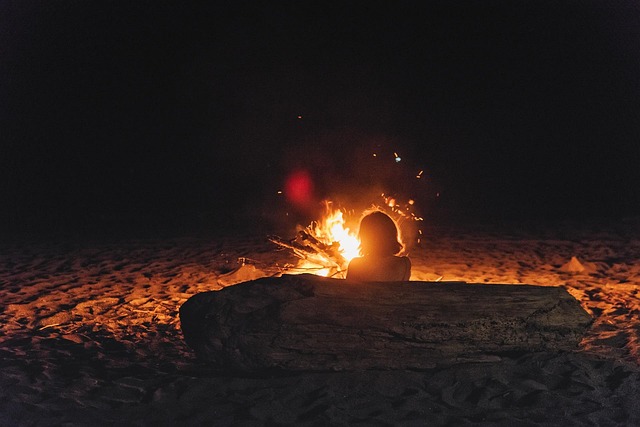
Community events celebrating local heritage, such as heritage festivals, require careful planning and organization to ensure their success. Engaging the local community from the outset is key; this can involve forming a dedicated committee or working group comprising residents, business owners, and cultural representatives who understand the area’s unique characteristics. They should lead efforts to identify goals, set a budget, and choose an appropriate venue that aligns with the event’s theme.
Effective strategies include creating a detailed timeline for tasks like marketing, entertainment booking, and procurement of necessary supplies. Leveraging local real estate resources can also be beneficial; historical buildings or vacant lots could provide backdrops for themed exhibits or performances. Additionally, engaging with local artists, musicians, and performers ensures diverse attractions that resonate with the community’s interests and values.
